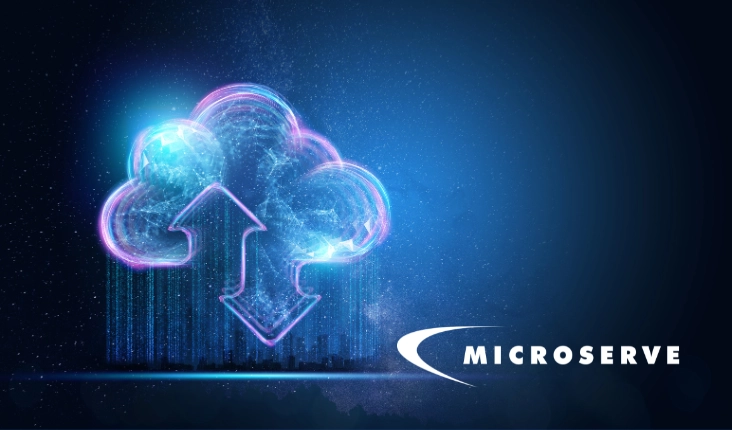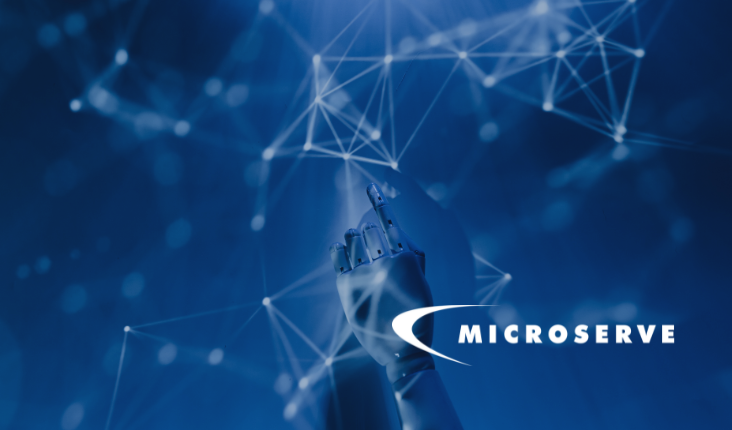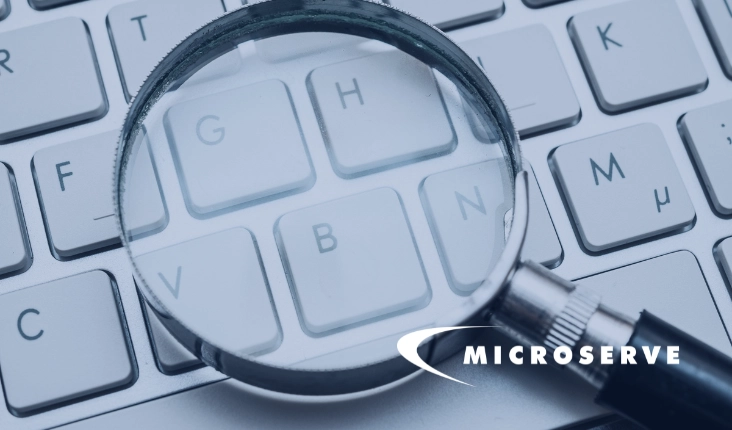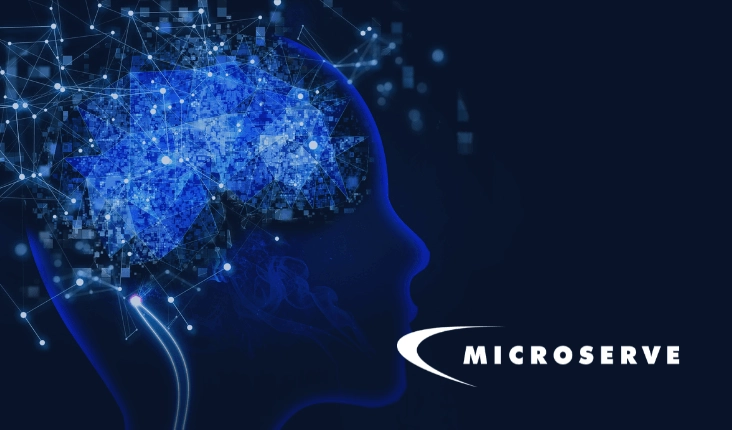In a world of rapidly advancing technology, concerns about machine supremacy and the future of automation are escalating. Explore the rise of machines, the ethical implications, and the potential loss of human connection. Discover how a collaborative future can be embraced to navigate this transformation with confidence and optimism.
The Rise of Machines
Undeniably, machines have made remarkable strides in recent years. From artificial intelligence and robotics to automation and machine learning, their capabilities have grown exponentially. Machines have become more efficient, capable of processing vast amounts of data and performing complex tasks with unparalleled precision. They have revolutionized industries such as healthcare, manufacturing, and transportation, offering increased productivity, enhanced safety, and improved overall performance. The possibilities seem boundless, leading some to believe that an automated future may be inevitable.
Concerns and Skepticism
While machines hold tremendous potential, concerns about the implications of machine supremacy are valid. The first worry revolves around the impact on employment. As automation becomes more prevalent, some fear that jobs will be replaced by machines, resulting in widespread unemployment and social upheaval. Additionally, ethical questions arise regarding accountability, bias, and the potential for misuse when granting machines autonomy and decision-making capabilities. These concerns highlight the ethical dilemmas that must be addressed as we navigate this path.
Preserving Human Connection
One of the most significant concerns is the potential loss of human connection in a world dominated by machines. The essence of what makes us human—empathy, creativity, and intuition—may be overshadowed or even rendered obsolete. The emotional nuances, shared experiences, and the ability to form deep connections with one another could be at risk. It is crucial to maintain a balance that combines the power of machines with the unique qualities of humanity to prevent an erosion of what makes us human.
Embracing a Collaborative Future
Rather than viewing the rapid advancement of machines as a threat, we can approach it as an opportunity for collaboration. Instead of humans being supplanted by machines, we can envision a future where humans and machines work together synergistically, each complementing the other’s strengths and compensating for weaknesses. By embracing this collaborative mindset, we can channel our focus towards the creative and empathetic aspects of our humanity while leveraging the efficiency and precision of machines to tackle complex problems.
As the march towards an automated future continues, the question of whether we are moving too quickly into a world where humans are supplanted by machines looms large. While concerns about the potential consequences are legitimate, it is essential to approach this transformation with a proactive mindset. By actively participating in the development and ethical governance of technology, we can shape a future where humans and machines coexist harmoniously, leveraging the best of both worlds. With thoughtful consideration and a commitment to preserving our unique human qualities, we can navigate the path ahead with confidence and optimism.




